Regenerative agriculture
Working from the ground for a more resilient food system
Regenerative agriculture
Rikolto works with farmers globally - and everyone in the food system - to make the case for restoring the soil while increasing farmers’ resilience.

.png)

.jpg)



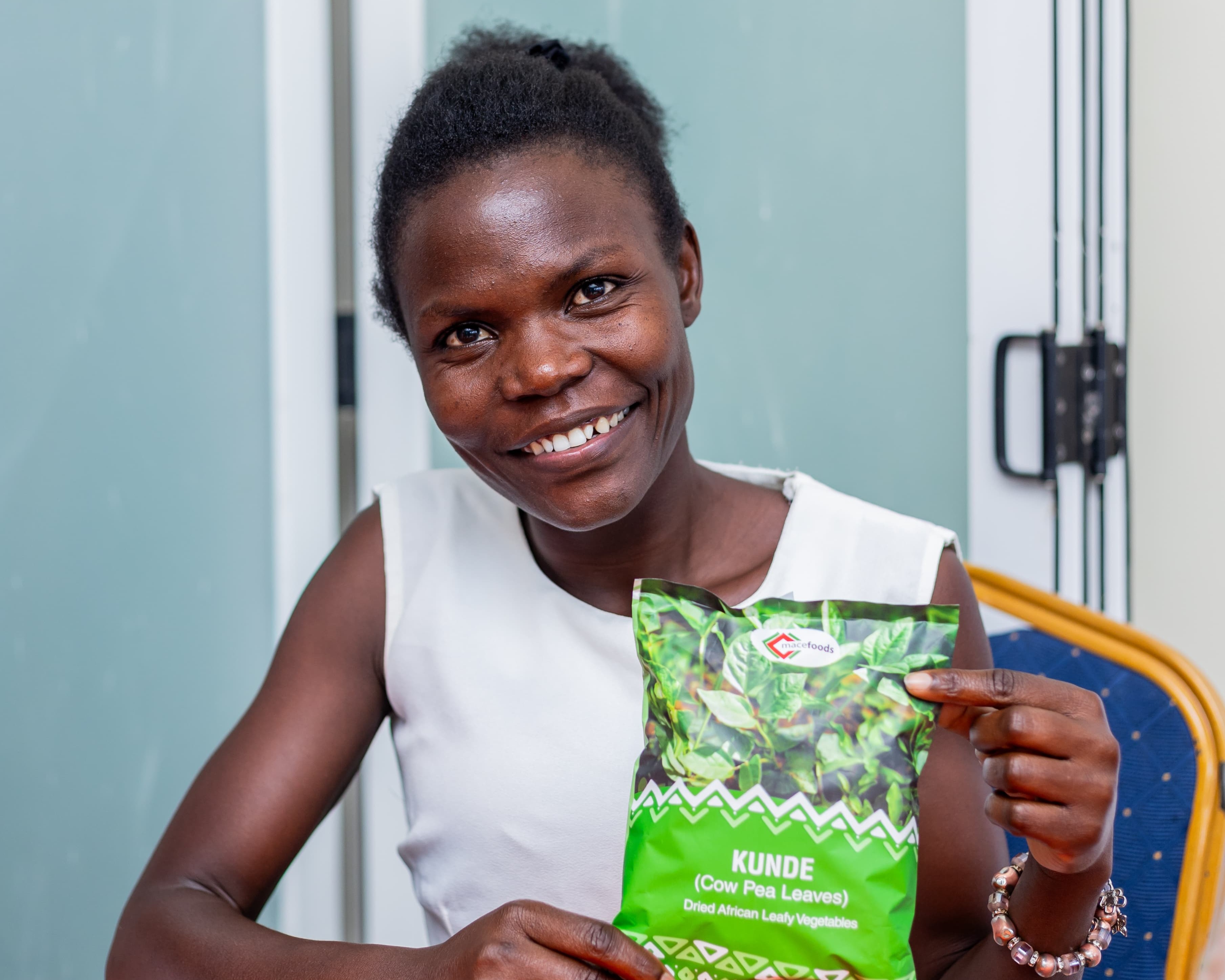

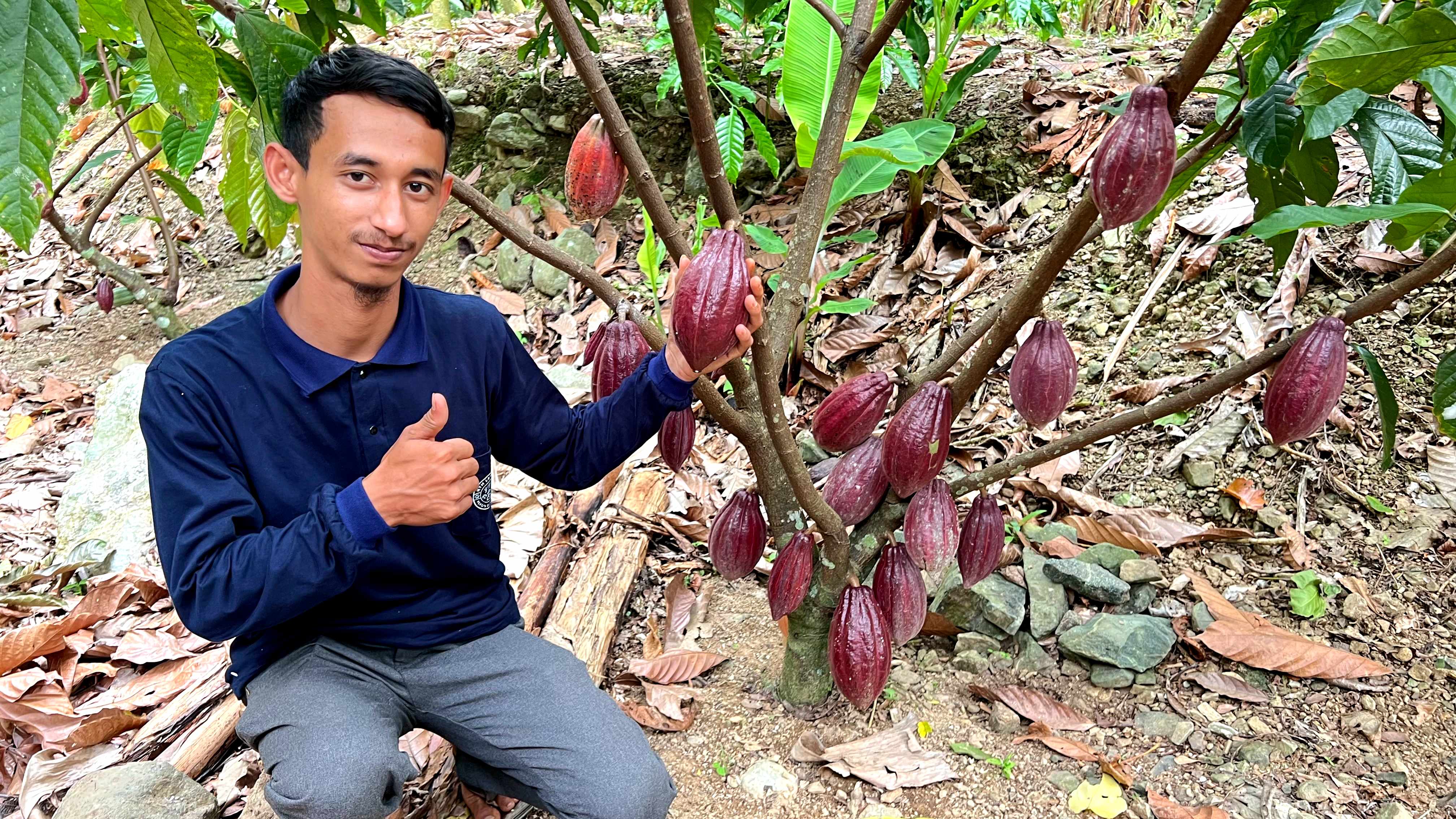
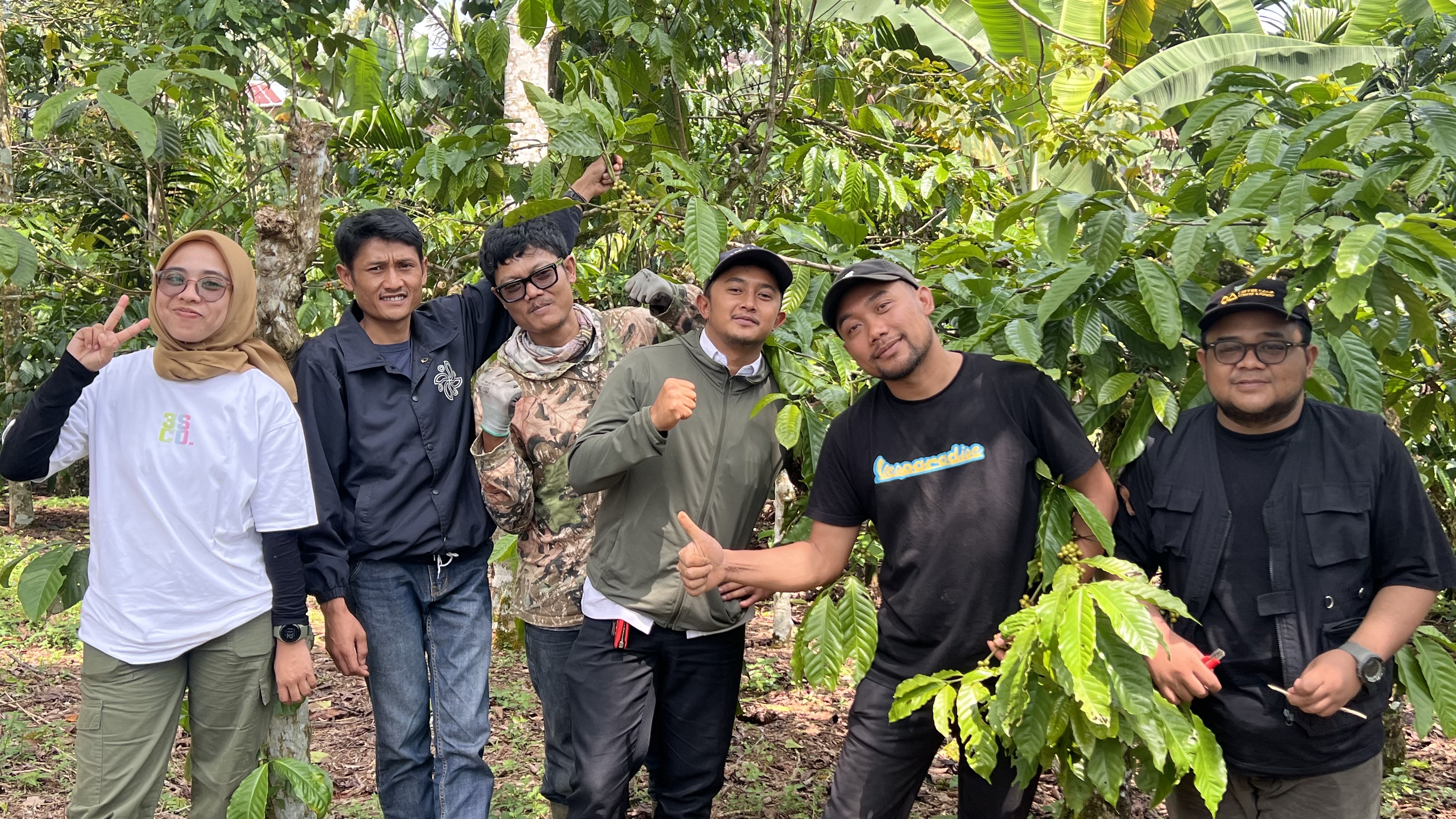
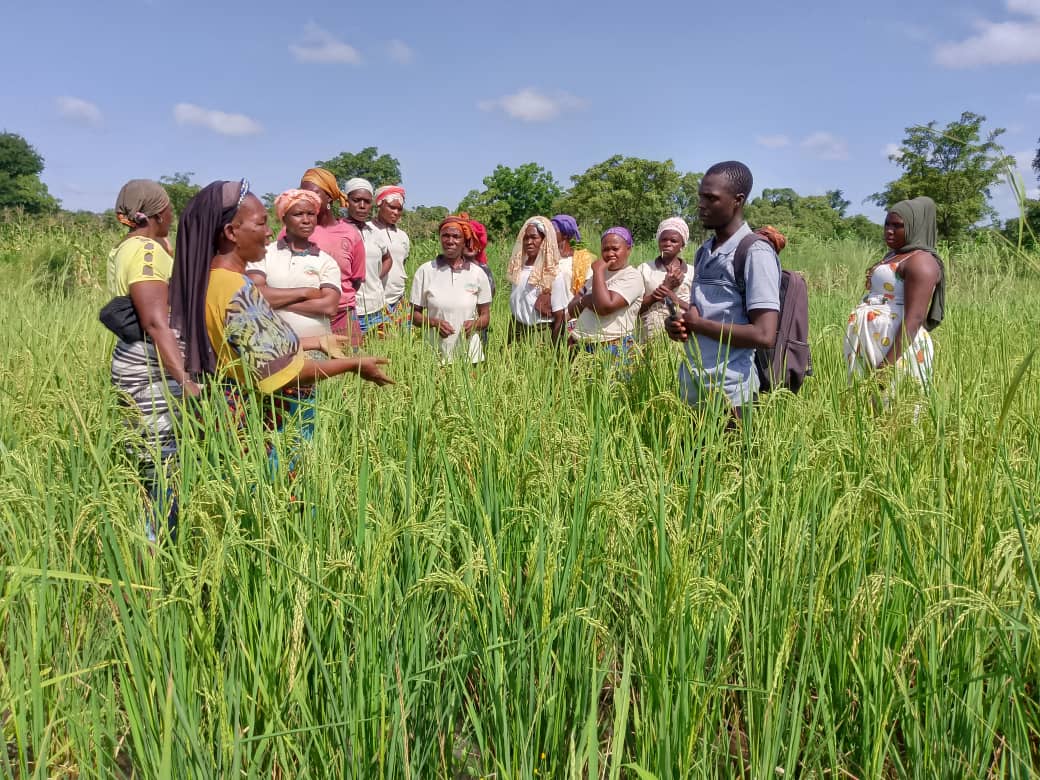

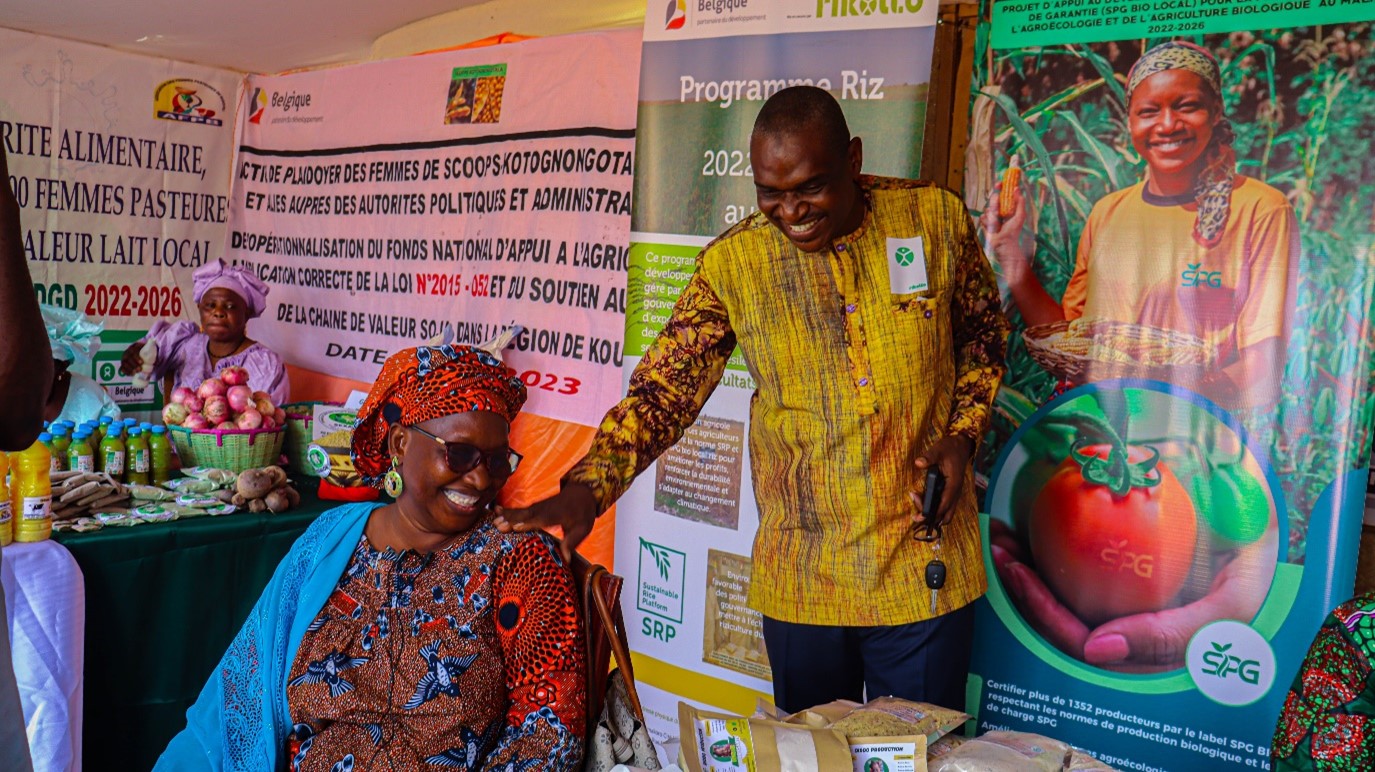


.png)
.png)
.png)
.png)

.png)
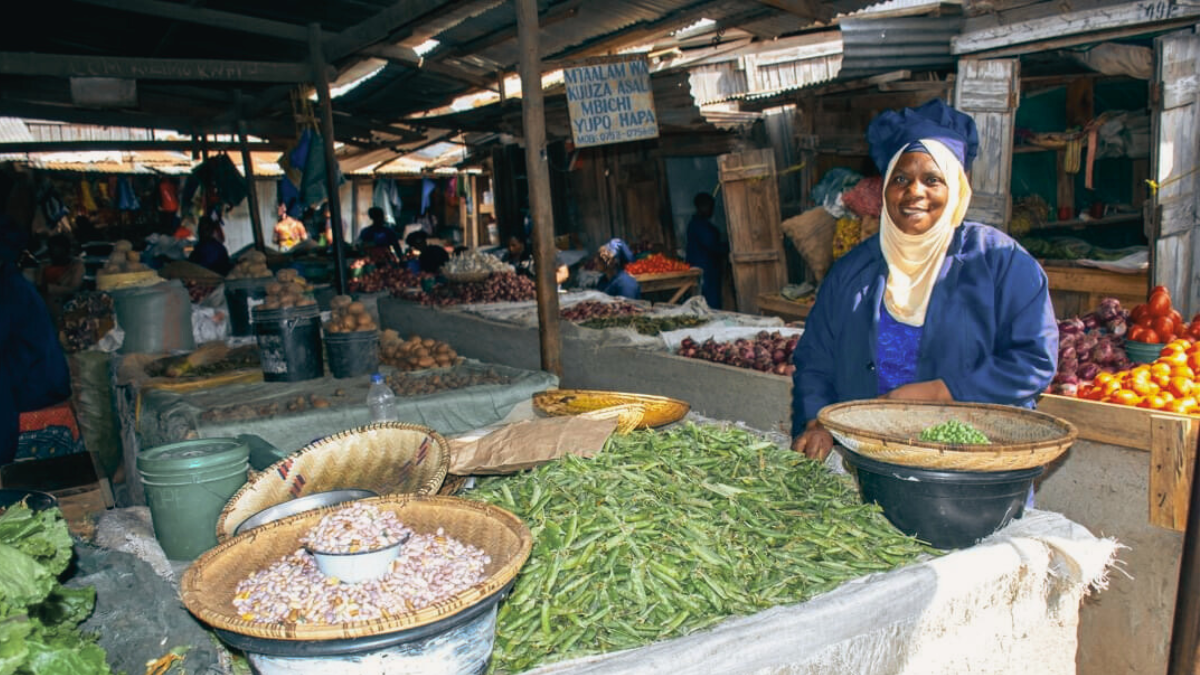
.JPG)
.jpg)


.png)
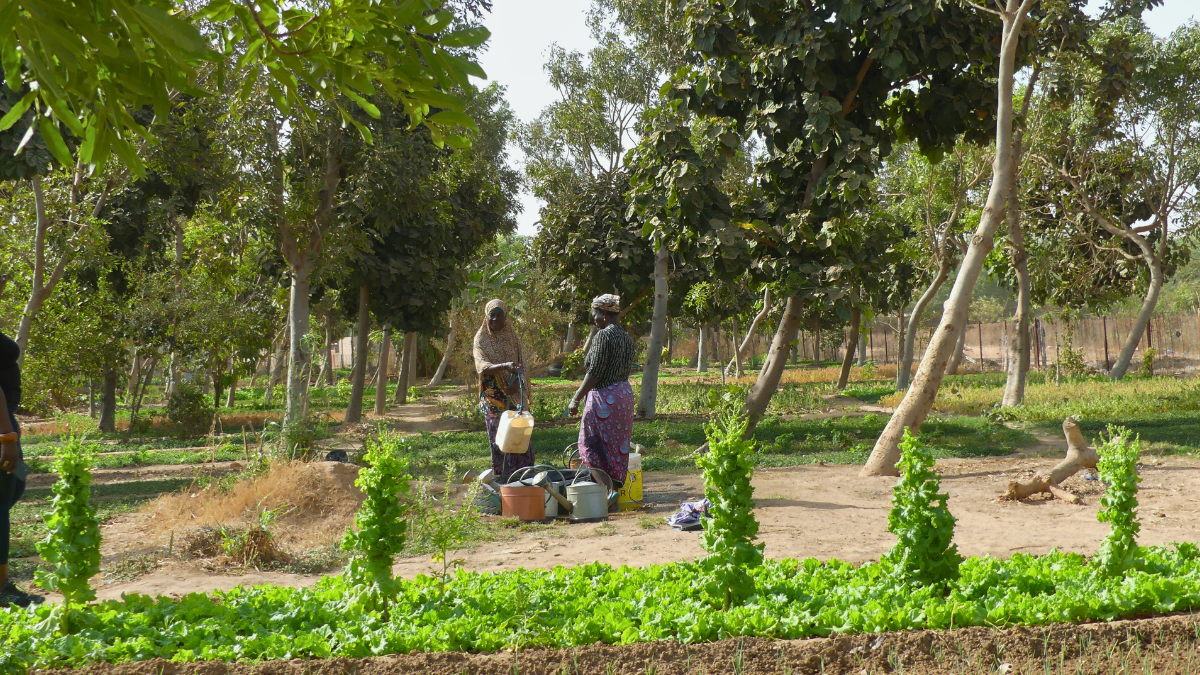


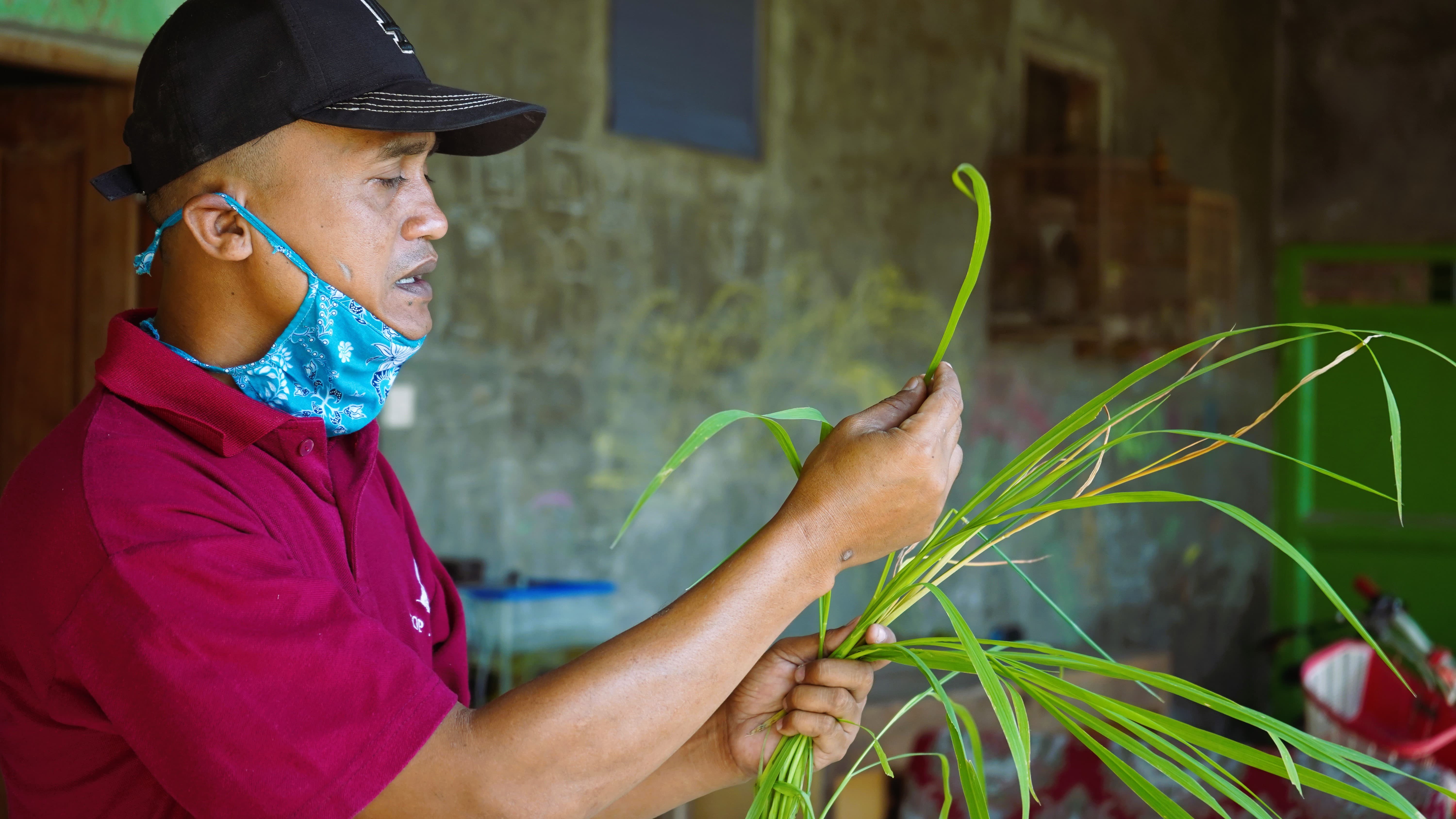

%20(1).jpg)



.png)



.jpg)


















.png)
.png)

%20(1).jpg)


.png)



.png)








.jpg)


















%20(1).jpg)



